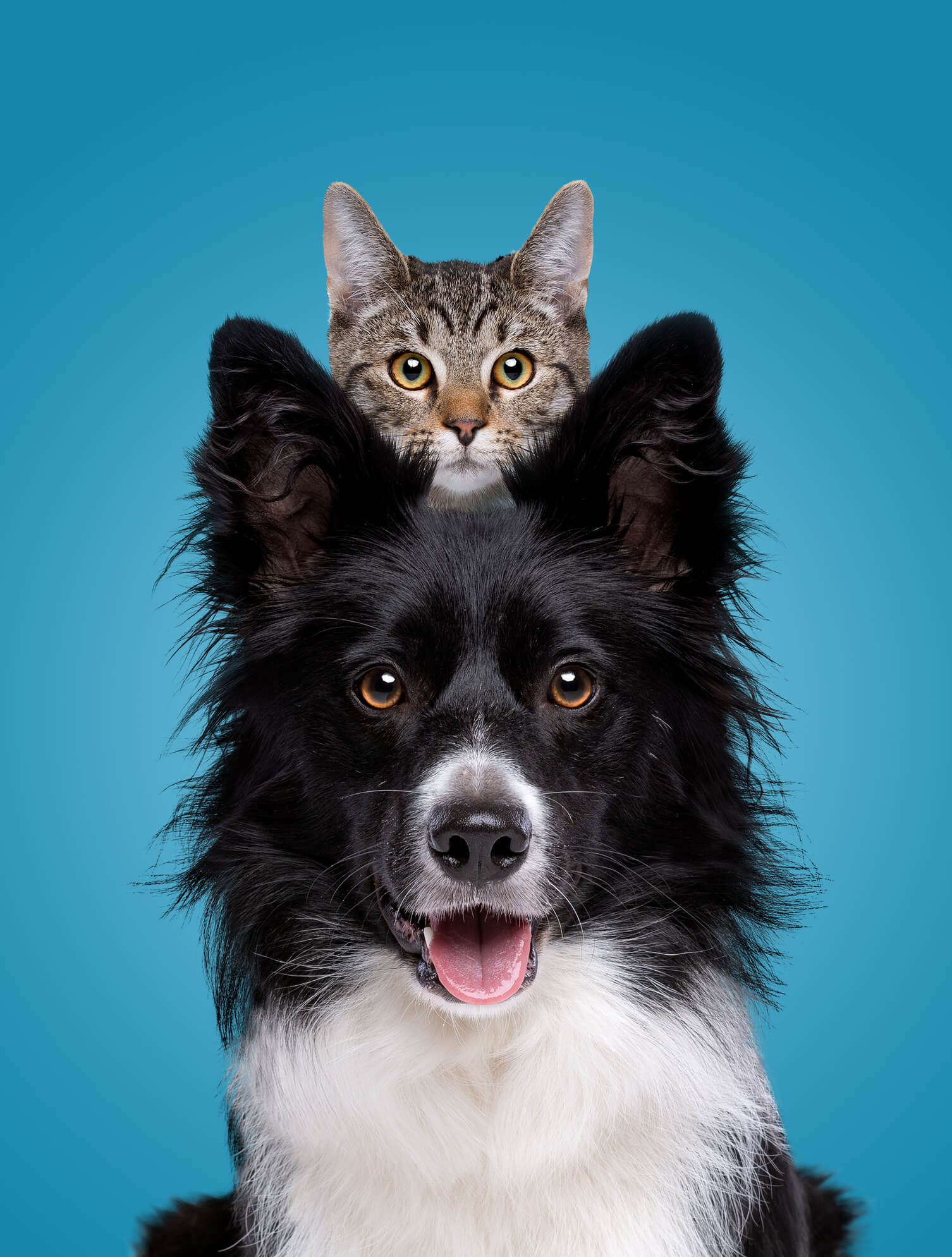Kittens go through different life stages during their first year, each of which has specific needs in terms of nutrition and care. This is why the choice of food for each stage, from weaning to adulthood, which corresponds to the end of growth, which is different for each breed and subject, is so important.
CAT GROWTH STAGES
Neonatal (from birth to 2-4 weeks). During this stage, kittens are completely dependent on their mother for nourishment and warmth. They are blind and deaf at birth and spend most of their time sleeping and sucking breast milk. After the first 14 days they begin to open their eyes, ears and explore their surroundings, first crawling and then actively moving, thus developing their motor skills. We can see how it is therefore essential to feed the mother properly: generally choose food rich in protein, fat and minerals, as well as vitamins. It is important for mom to always have fresh water available, because it is the indispensable element for making up breast milk. The milk also contains antibodies for the first few days of life, when kittens’ immune systems are still not autonomous and need great protection, as they are helpless and unable to provide for themselves.
Weaning (around 8 weeks old). During weaning, kittens begin to eat solid foods in addition to breast milk. This is a crucial period when they are introduced solid foods into their diet and learn to eat them on their own and can last for a few weeks, during which time in addition to breast milk, which is becoming less and less rich, they take in foods in mousses and pates up to textures more suitable for pressing and chewing, thanks to the appearance of their first teeth. It is a good idea to use foods that are well tolerated by cats, appropriate and concentrated sources of nutrients that promote a transition without gastroenteric side effects: it is at this stage that chronic problems, visible and assessable only once they are grown, caused by imbalances during weaning often set in. At this stage there is “fine-tuning” of the gut microbiota; therefore, it is recommended to choose carefully and balance the first meals correctly.
Young (up to 4/5 months old). During this stage, kittens become increasingly independent of their mother and develop their social and play skills. Physical growth is rapid and they need a diet suited to their growth needs.
Adolescence (6 months to 1 year). During this period, kittens become adult cats and complete their physical growth. We can often make this term coincide with sexual development, the first estrus of females and maturity of males. They continue to be very active and playful and may have slightly different dietary needs than adults. Careful consideration should be given to the timing of sterilization, as it brings with it certain metabolic changes that necessarily need to be taken into account in the choice of diet. Calorie intake should be reduced, however, especially with regard to spaying at a young age, it is advisable not to unconditionally cut all nutrients equally but to maintain adequate protein intake to allow growth to be completed to the end. For this purpose, there are several feeds on the market that can meet the needs of this time window, or you need to seek help from a professional who will be able to show you how to supplement a generic diet for spayed cats by providing high biological value proteins that will accomplish this task.
WHAT IS ALWAYS IMPORTANT FOR A KITTEN.
Protein is extremely important in the diet of kittens, as it is essential for muscle growth and development, as well as performing many other vital functions in the body. During the early stages of life, kittens need more protein than adults to support very rapid growth and muscle development. It is important to provide them with a balanced, high-quality diet that is specially formulated for their nutritional needs and contains high-quality protein from sources such as meat, fish, or animal derivatives. Ensuring that kittens receive a nutritious and balanced diet will contribute to their healthy development and overall well-being.
Dr. Alessandra Calini
Veterinary Physician Nutritionist



